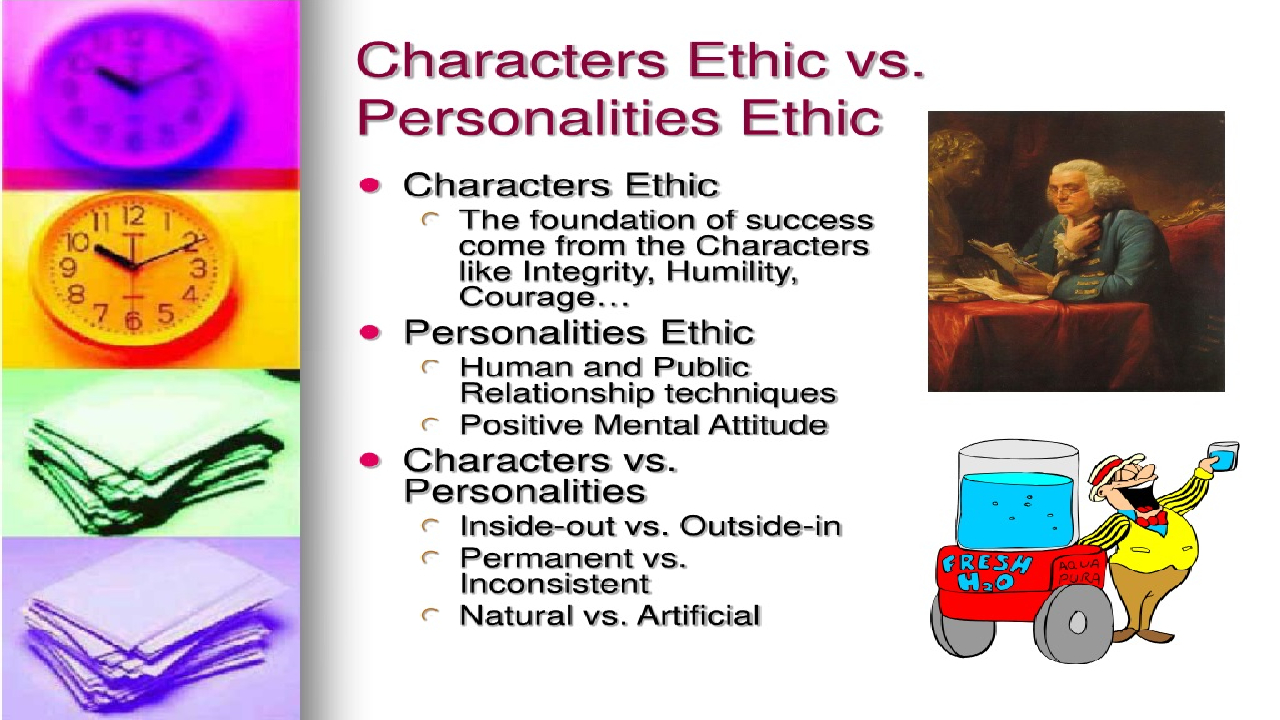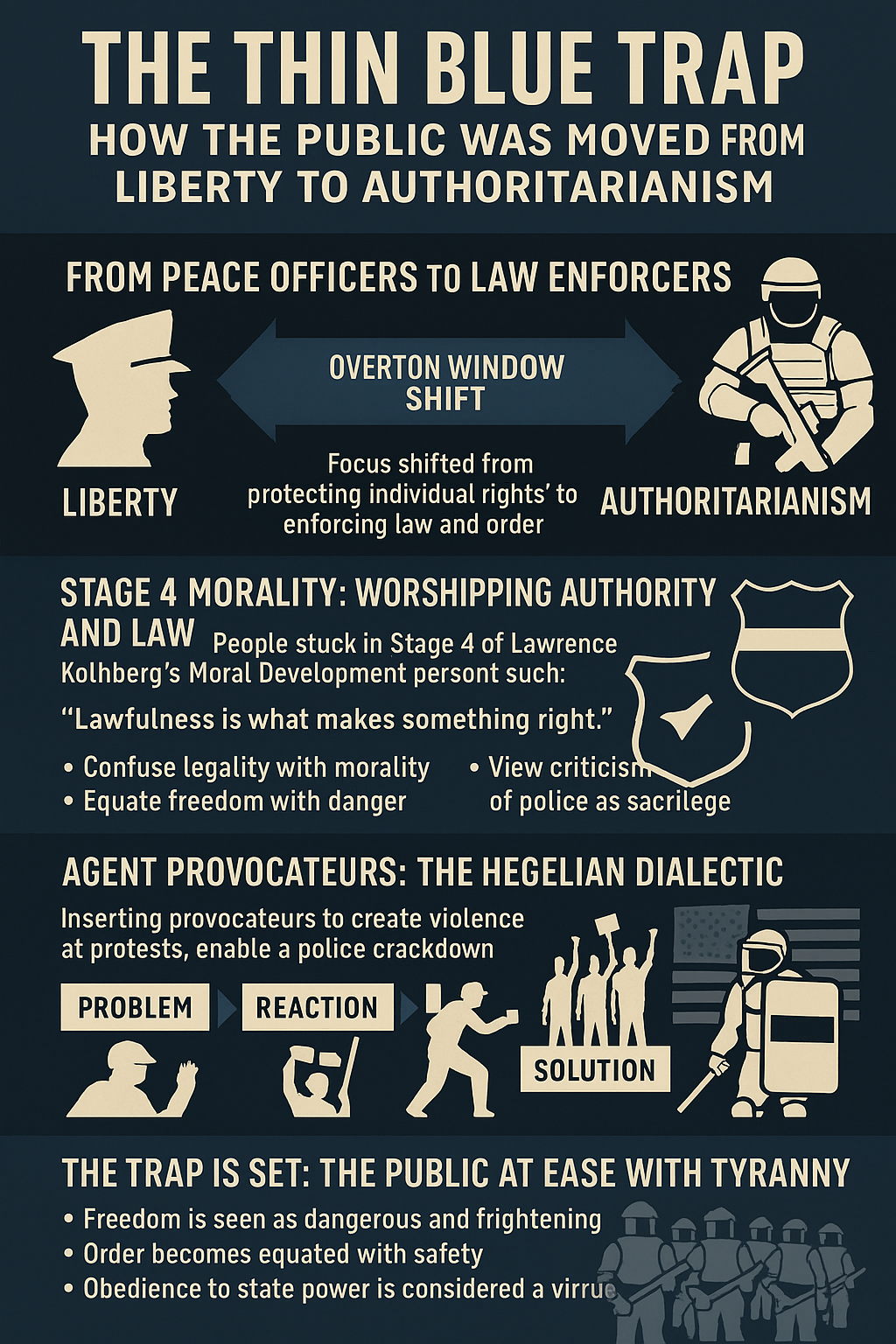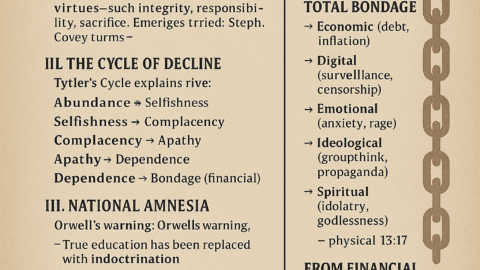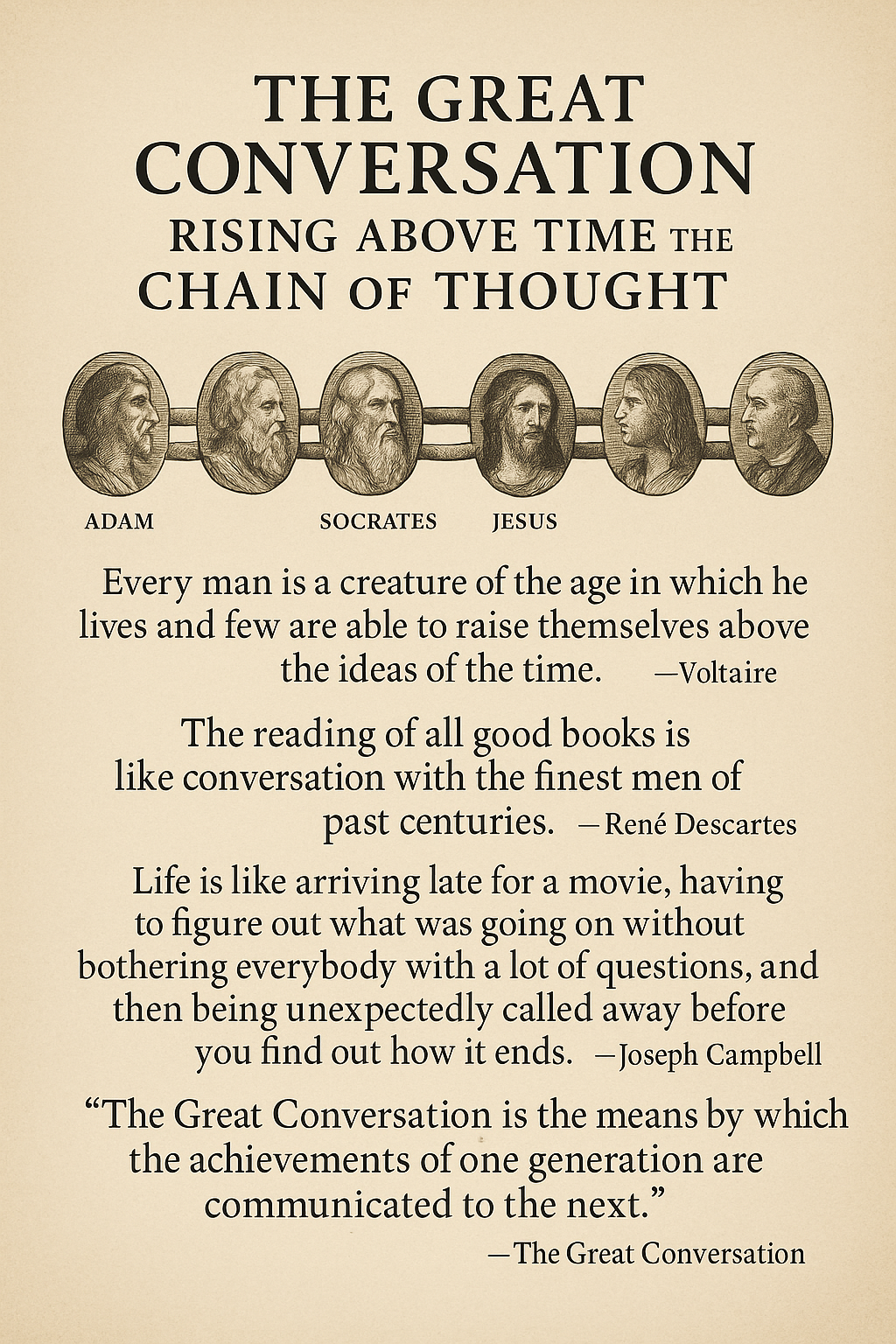“The true test of civilization is, not the census, nor the size of the cities, nor the crops – no, but the kind of man the country turns out.” (1)
In our on-going series in regard to how humanity is being psychologically conditioned, we have tackled How the Younger Generation has been Programmed By Psychological-Conditioning Programs of the values being taught to our youth and the venues being used to target their minds. We have discussed the 5th Generational Warfare and the battle grounds (Part 1 and Part 2) which are being conducted not only the youth, but also adults in America by the Revolutionaries against the Royalists (Part 1, Part 2 and Part 3). The weapon of choice is using our emotions to coerce our minds to serve others to stop us from critical thinking (How Emotions have been Hijacked By Psychological-Conditioning Programs (Part 1) and How Emotions Have Been Hijacked By Psychological-Conditioning Programs (Part 2)).
The target of the ideology is the construction, building and designing of man individually and collectively by molding society into the image of the values of either the Revolutionaries/Tyranny or Loyalists/Liberty (Liberty or Tyranny; it’s your choice, but choose intentionally).
“All of creation, in the biblical view, was to ultimately prepare the way for the creation of man. But one does not need the Bible alone to hold this view. A purely scientific reading of the universe is in keeping with this view. Everything – every natural and physical law – is exquisitely turned to produce life, and ultimately man, on earth.” (2)
This is what kind of human species the Revolutionaries want Americans and the world to become.
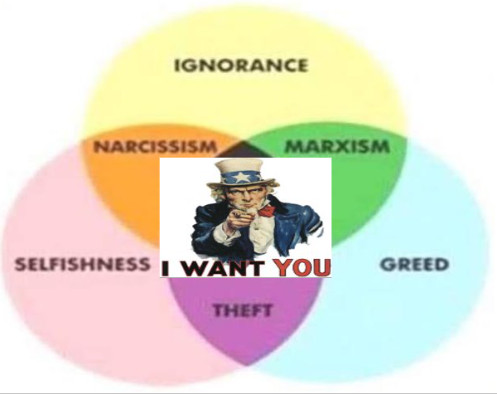
“When a country has removed itself for example from the Gold Standard to the Petro Dollar, it usually has something nefarious in mind as it normalizes something new and takes a step back from something that is a higher standard to something lower and easier to manipulate. At times is a slow, gradual but yet steady process to change minds, hearts and direction of individuals, culture and a nation.” (3)
As we will learn “something nefarious” has taken place and continues to normalize “something new and takes step back from something that is a higher standard to something lower and easier to manipulate.”
Society went from the higher standard of Character Ethic to one of lower and easier to manipulate in the form of Personality Ethics.
While I was reading “The 7 Habits of Highly Effective People,” I found a gold mine that helped me understand the different man that was being built, created and designed either by Tyrants or the Liberty Minded. The Tyrant seeks to reap the fruits of emotional manipulation by planting and normalizing “Personality Ethics” seeds to overtake and replace the seeds of Character Ethics.
“I was also deeply immersed in an in-depth study of the success literature published in the United States since 1776. I was reading or scanning literally hundreds of books, articles, and essays in fields such as self-improvement, popular psychology, and self-help. At my fingertips was the sum and substance of what a free and democratic people considered to be the keys to successful living.” (4)
We will soon learn that the knowledge, information and wisdom contained in the “keys” of “successful living” was found in the Character Ethics.
“As my study took me back through 200 years of writing about success, I noticed a startling pattern emerging in the content of the literature. Because of our own pain, and because of similar pain I had seen in the lives and relationships of many people I had worked with through the years, I began to feel more and more that much of the success literature of the past 50 years was superficial.” (4)
Stephen Covey published 7 Habits of Highly Effective People in 1989. He noticed and detected the literature in the “past 50 years was superficial,” this would place his timeline around 1939. This would be around the time of the build-up of World War II.
Covey described the superficial literature and ideology as Personality Ethics:
“It was filled with social image consciousness, techniques and quick fixes—with social Band-Aids and aspirin that addressed acute problems and sometimes even appeared to solve them temporarily, but left the underlying chronic problems untouched to fester and resurface time and again.” (4)
This lower standard, was only a band-aid to the “acute problems”, that were severe and extremely serious and critical. It was as if it was allowing the real problem to fester and return over and over again, almost to the point of thinking of it creating residual income for the professional class of psychologists and therapist industries.
“Catch a man a fish, and you can sell it to him. Teach a man to fish, and you ruin a wonderful business opportunity.” (5)
“In stark contrast, almost all the literature in the first 150 years or so focused on what could be called the Character Ethic as the foundation of success—things like integrity, humility, fidelity, temperance, courage, justice, patience, industry, simplicity, modesty, and the Golden Rule.” (4)
“The Character Ethic taught that there are basic principles of effective living, and that people can only experience true success and enduring happiness as they learn and integrate these principles into their basic character.” (4)
Character Ethic was the mind-set and philosophy that ruled the day. But it didn’t last long, as the pivotal point of the replacement and transition to Personality Ethic was identified to be around World War I.
“But shortly after World War I the basic view of success shifted from the Character Ethic to what we might call the Personality Ethic.” (4)
“Success became more a function of personality, of public image, of attitudes and behaviors, skills and techniques that lubricate the processes of human interaction.” (4)

“This Personality Ethic essentially took two paths: one was human and public relations techniques, and the other was positive mental attitude (PMA). Some of this philosophy was expressed in inspiring and sometimes valid maxims such as “Your attitude determines your altitude,” “Smiling wins more friends than frowning,” and “Whatever the mind of man can conceive and believe it can achieve.”” (4)
We learn there are two paths taken with Personality Ethics. One was with “positive mental attitude”, which was in the right direction, but it still isn’t enough to fully heal and make a person whole. The second one was based on “public relations”, which we will find is more manipulative and deceptive in its approach and design.
“Other parts of the personality approach were clearly manipulative, even deceptive, encouraging people to use techniques to get other people to like them, or to fake interest in the hobbies of others to get out of them what they wanted, or to use the “power look,” or to intimidate their way through life.”(4)
How many people have we experienced through life, who uses these techniques to our faces, but are fake behind our backs.
“The word “personality” stems from the Latin word persona, which refers to a theatrical mask worn by performers to play roles or disguise their identities.” (6)
People are frauds and fakes while wearing masks.
“. . . too many people lived their lives acting and pretending wearing masks and losing themselves in the process.” (7)
As Personality Ethics reveals, people are “pretending” by wearing “masks” and they lose “themselves in the process,” as the masks become more permanent minute by minute. Americans are unaware consciously of these customs and traditions as Revolutionaries designed it to be habitual in working on techniques as they are deceiving the world and the people are self-deceived themselves.
This would help explain why people are so unhappy, unfulfilled and empty inside, as the Revolutionaries planted the seeds around World War I. Personality Ethics has incrementally, gradually and exponentially gotten worse every year. As it increases, Character Ethics decreases simultaneously, lowering the standards to allow for easier manipulation into human emotions and the Limbic portion of the brain.
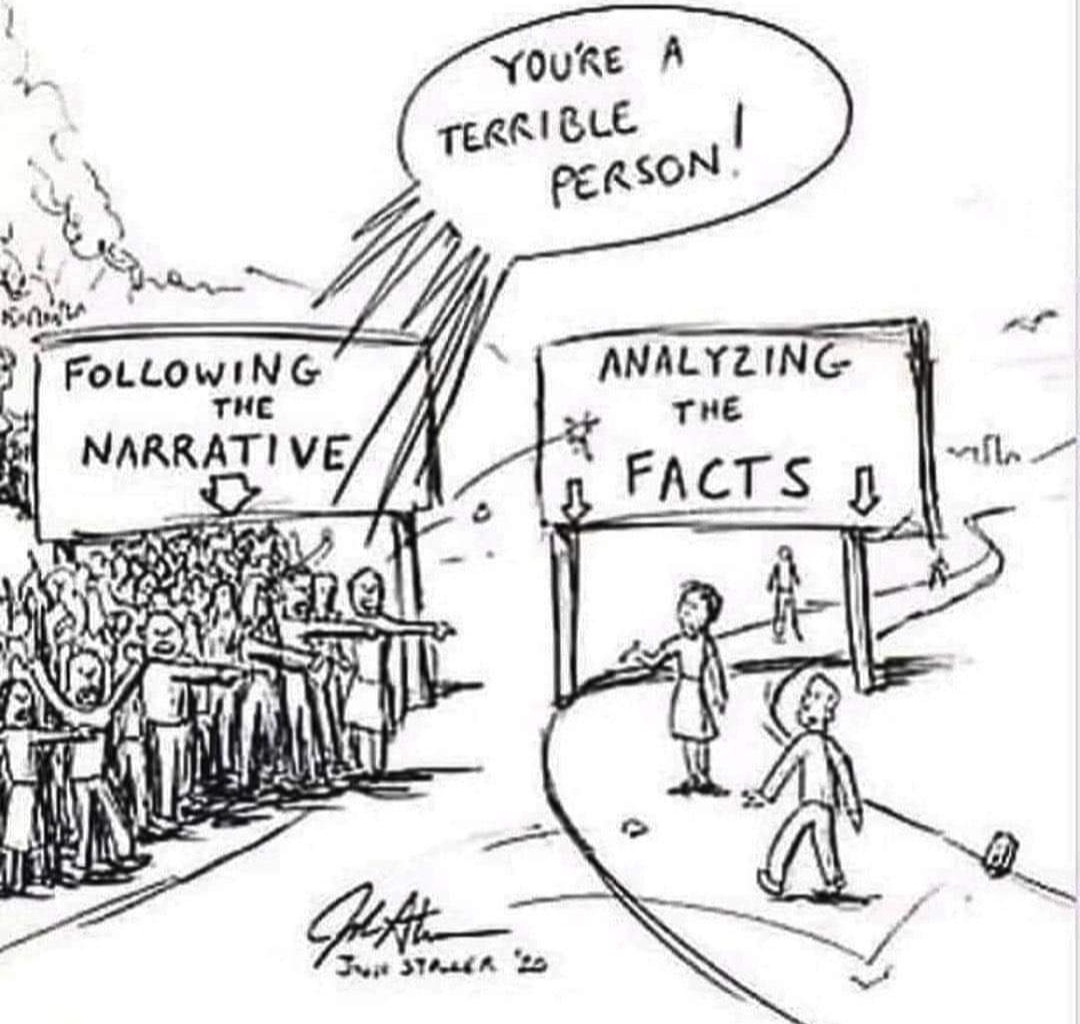
“Some of this literature acknowledged character as an ingredient of success, but tended to compartmentalize it rather than recognize it as foundational and catalytic.” (4)
Character is described as an “ingredient”, to be combined into a bowl to mix around to bake a cake, but in reality it is the footings, laying a sound foundation to building a strong moral man “the country turns out.”
“Reference to the Character Ethic became mostly lip service; the basic thrust was quick-fix influence techniques, power strategies, communication skills, and positive attitudes.” (4)
We often discuss the importance of Character Ethics, yet we seem to have disregarded its true essence. Instead, we have substituted meaningful concepts, terms, and definitions with empty phrases, thus paving the way for what we now call Personality Ethics. Unfortunately, this shift has led to the manipulation of emotions becoming a predominant force in our ethical discussions.
“Societies that accept emotion-based fantasy as truth are doomed to fail. Individuals and societies that embrace objective, observable, universal truths are on much more stable ground.” (8)
Which foundation are we going to build on?
“Character is the aim of true education; and science, history, and literature are but means used to accomplish the desired end. Character is not the result of chance work but of continuous right thinking and right acting. . . . True education seeks, then to make men and women not only good mathematicians, proficient linguists, profound scientists, or brilliant literary lights, but also honest men, combined with virtue, temperance, and brotherly love — men and women who prize truth, justice, wisdom, benevolence, and self-control as the choicest acquisitions of a successful life. . . It is regrettable, not to say deplorable, that modern education so little emphasizes these fundamental elements of true character. The principal aim of many of our schools and colleges seems to be to give the students purely intellectual attainments and to give but passing regard to the nobler and more necessary development along moral lines.” (9)
(1) Ralph Waldo Emerson
(2) Dennis Prager
(3) Unknown
(4) 7 Habits of Highly Effective People
(5) Karl Marx
(6) How Personality Impacts Our Daily Lives
(7) Nicholas Sparks
(8) Beneath Sheep’s Clothing The Communist Takeover of Culture in the USSR and Parallels in Today’s America
(9) David O McKay

